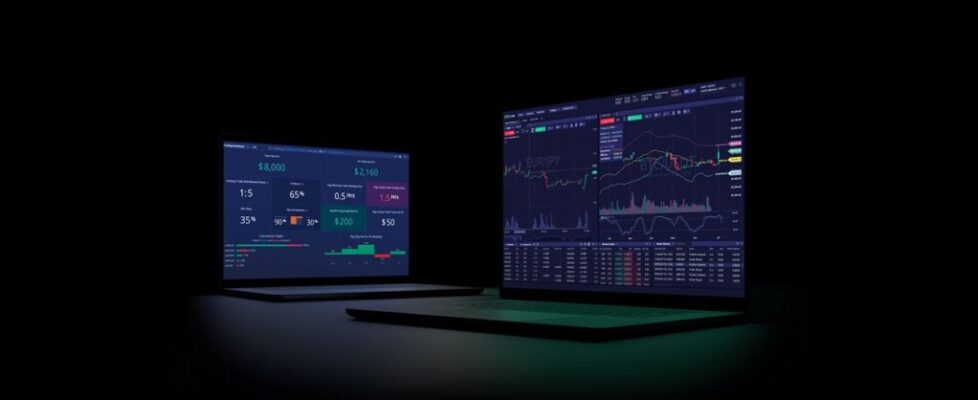Survival Tactics: How CFD Brokers Adapt to Market Challenges
With CFD brokers facing stricter requirements from platform providers and regulators – and now waning market volatility – how can they look to adapt and thrive? Jon Light, Head of OTC Platforms at broker platform provider Devexperts, discusses in an interesting guest editorial here at FNG.

CFD brokers are definitely in an unenviable position these days. MetaQuotes has introduced stricter requirements for brokers wanting to obtain its white-label platforms. ESMA has tightened its grip on leveraged CFD trading. And the final blow of low volatility has come from the FX/CFD market itself. Naturally, business growth has started declining in these conditions, so now brokers are seeking ways to stay afloat.
Simple solution
Those not affected by new ESMA regulations and tackling only the low volatility issue have turned to expanding their offering of asset classes. Adding cryptocurrencies, for example, not only brings new clients in but also allows switching between the markets depending on their conditions: crypto winter doesn’t always happen at the same time with low CFD volatility. Throwing in spread bets might help, too, as they’re not taxed in certain countries and are becoming increasingly popular among traders.
Another way out of stagnation is offering services that work around the newly introduced limitations. CFD brokers have quickly found a new niche—prop trading and trading contests. As a software vendor, we see a growing demand for prop trading and contest management technology.
Prop trading basics run-through
Prop trading means that brokers cherry-pick traders through evaluation and then provide them with trading funds to split profits later. Traders pay a sign-up fee and then get access to a paper trading account where they need to reach specific goals. If a trader is successful, they qualify as a professional and get access to live trading with a broker’s funds.
Of course, traders don’t get a carte blanche and are heavily monitored to ensure they comply with a broker’s risk management metrics. Most brokers introduce requirements for a drawdown to keep their risk exposure in check. If a trader exceeds a specified drawdown, a broker will revoke a trader’s access to proprietary funds.
From the trader evaluation process also stems a small but profitable field of trading contests. Brokers might choose not to go into prop trading just yet but introduce competition for traders. Here again, traders pay a sign-up fee (usually a smaller one than in prop trading evaluations), and that’s what brokers capitalize on.
However, brokers can also choose to conduct trading competitions for free just because they’ve proved to be efficient for increasing trader engagement, client attraction, and possibly reactivation of dormant ones.
Tackling organizational issues
Many brokers have been hesitant about running trading competitions, not to mention prop trading. Trading competitions used to be a hassle to organize because there wasn’t any automation in this field. So, they used to take too much human labor with little payoff. And prop trading was challenging due to the lack of automation in a very specific risk management workflow that prop firms need to run smoothly.
However, software vendors have noticed the demand for such technologies and swiftly responded. Now, all brokers have to do to organize a trading competition is to choose its parameters, click several buttons, and that’s it. The competition will practically run itself. Brokers only need to take care of marketing.
Adding prop trading is no longer an ordeal either. There are plenty of companies on the market that offer adding a prop trading workflow as a turnkey service. The quality of these offers varies, but what brokers should look for when choosing the right vendor is the following: automated risk management specific to prop trading, an advanced trading platform that will make their traders feel like professionals, a paper trading environment for evaluating traders, and integrations with all necessary third-party services (KYC/AML, email automation, payments, etc.).
Bottomline
Current market conditions are challenging, but trading contests and prop trading can help your brokerage business stay afloat or even reinvent itself. There are software vendors on the market that equip brokers with out-of-the-box prop trading technology in just seven days to help them seize the moment.
The competition is currently tight, so if you’d like to open this new business page, it’s time to act.






